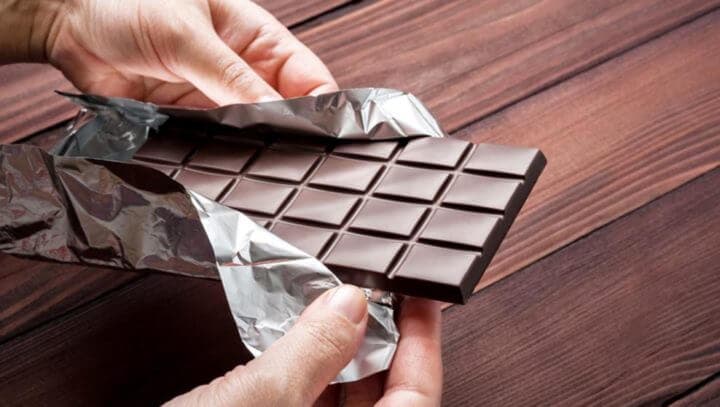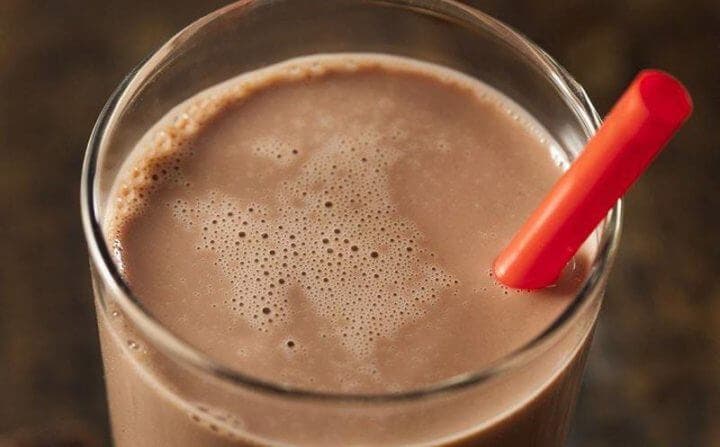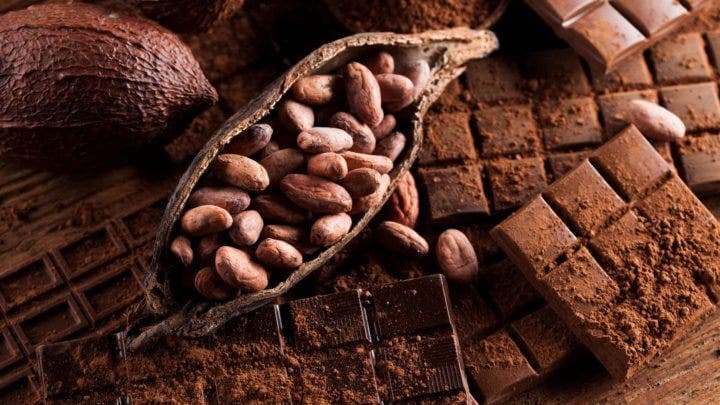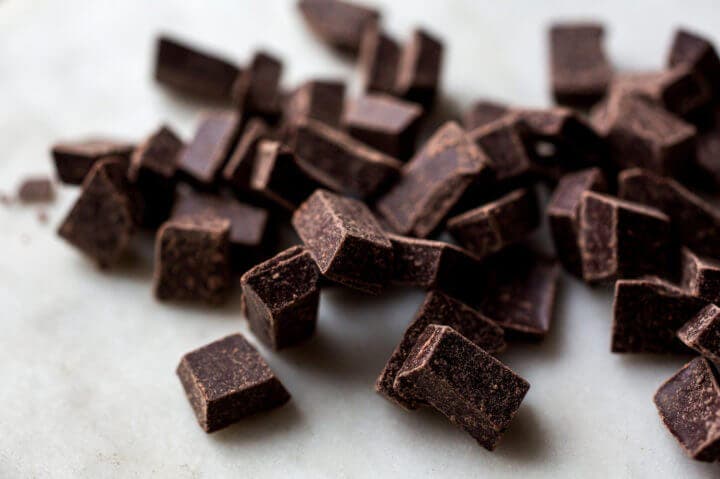Runners are often faced with the dilemma of what to consume before and after a race to increase and regain their strength. They generally choose a sports drink, an energy bar, a fruit, and even chocolate.
Currently, there is scientific evidence that ingesting moderate amounts of chocolate could increase athletic performance and, in turn, improve the recovery process necessary after a workout.
Find out why drinking chocolate can affect your running workouts .

Relationship between coemr chocolate and running
Eat chocolate before a race
A study of 16 college-age students showed that ingesting a chocolate bar before a moderate intensity run increased blood sugar levels for 15 minutes of the run and up to 30 minutes after finishing compared to taking placebo supplements (Chen, Ai, Shi, Wu and Chen, 1996).
The group that ate chocolate had higher glucose levels that served as an energy source during training and helped them maintain their performance longer. Similarly, he showed greater endurance and recovery, and less perceived exertion.

Drink milk chocolate after training
A study carried out with cyclists showed that those who drank chocolate milk after having finished an exhausting training had a better performance in the next one than those who drank specialized carbohydrate replacement drinks (Karp et al., 2006).
Although the research was not conducted on runners, it is believed that milk chocolate may have the same benefits and enhance endurance in long-distance runs. However, drinking chocolate milk is not recommended if you only run sporadically and want to lose or maintain weight.

Does chocolate help running workouts?
Indeed, chocolate is a source of carbohydrates that increases sports performance. But in what other ways does it help your running workouts?
In one study, laboratory mice were divided into three groups in order to study the effects of epicatechin , a chemical present in cocoa, on their physical performance
By placing the mice on a treadmill, it was shown that those that received epicatechin and performed light training for 15 days outperformed the group that exercised but did not receive epicatechin and the group that received epicatechin but did not exercise. Furthermore, the group that received epicatechin but did not exercise performed better than the group that only exercised (Nogueira et al., 2011). .
Given these results, the researchers biopsied the muscles of the mice that received epicatechin, finding that new structures had been being created that helped produce increased cellular energy. And the more structures a muscle has, the less susceptible it is to fatigue.
However, although the study was very revealing, more research is needed to determine if epicatechin has the same effect in humans who consume dark chocolate with high levels of cocoa before training.

Should runners have chocolate?
Chocolate is an excellent source of energy for before and after your running workouts, but its consumption must be regulated as it has a lot of sugar.
The recommended daily intake (RDI) for sugar for women is no more than 25 grams, while for men it is 36 grams. You must bear in mind that an ounce of dark chocolate contains approximately 7 g of sugar and a cup of dark chocolate about 29 grams.

conclusion
Drinking chocolate can positively affect your running workouts . It is a source of energy that increases your sports performance, showing greater resistance and recovery. However, it is still unknown whether chocolate can create new structures in human muscles that increase cellular energy and decrease fatigue. In addition, its consumption must be controlled, since it contains large amounts of sugar.
References
- Chen, JD, Ai, H., Shi, JD, Wu, YZ, Chen, ZM (1996). The effect of a chocolate bar supplementation on moderate exercise recovery of recreational runners. Biomedical and environmental sciences: BES , 9 (2-3): 247-55
- Karp, JR, Johnston, JD, Tecklenburg, S., Mickleborough, TD, Fly, AD, Stager, JM (2006). Chocolate milk as a post-exercise recovery aid. International Journal of Sport Nutrition and Exercise Metabolism , 16 (1): 78-91
- Nogueira, L., Ramirez-Sanchez, I., Perkins, GA, Murphy, A., Taub, PR, Ceballos, G,.,…, Malek, MH (2011). (-) – Epicatechin enhances fatigue resistance and oxidative capacity in mouse muscle. Journal of Physiology . doi: 10.1113 / jphysiol.2011.209924
